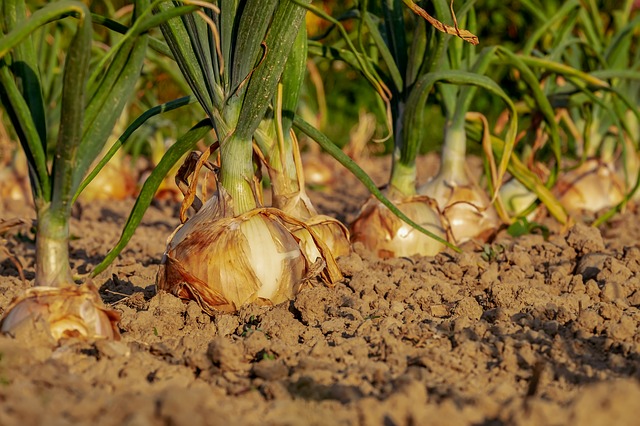April 23, 2019
San Francisco-based FarmWise has partnered with Michigan-based product development supplier Roush to develop and test autonomous vegetable weeding robots in the state of Michigan.
Founded in 2016 by CEO Sebastien Boyer and CTO Thomas Palomares, FarmWise manufactures adaptive farm machinery that employs AI, computer vision, and deep learning to effectively and precisely weed and thin vegetable crops, enabling farmers to increase yields while reducing herbicide use. And with the integration of machine learning algorithms, FarmWise’s machines are able to adjust to learn additional farming tasks over time.
GAI News’ latest mention of FarmWise was in December of 2017 when the company announced it had raised $5.7 million in seed funding through a round led by venture fund Playground, and backed by Felicis Ventures, Basis Set Ventures, and Valley Oak Investments.
The collaboration will bring the company together with Roush, which since 1976 has been providing engineering, testing, prototyping and manufacturing services to the mobility, aerospace, defense, and theme park industries. Over the years, the company has grown to more than 4,000 employees at facilities throughout North America, Europe, and Asia.
“Technology is rapidly transforming every industry across the globe,” said Roush CEO Evan Lyall. “The agricultural industry may be one of the most in need to make bold new advances to create efficiencies and produce safer products for consumers.”
“Our strategy has been to continue to look for opportunities to take our product development and commercialization abilities we’ve developed over 42 years from the automotive industry and look for other verticals we can participate in,” Lyall continued. “The agriculture space presents lots of opportunity.”
Labor Pains
Aside from helping farmers meet demand for organic and chemical-free produce, increasing crop yields, reducing inputs and their costs, and combating climate change, which are all weighty considerations when developing agtech solutions for agricultural production, however, scarcity of labor is also a more nebulous but critical pain point in the food production process.
Although California Senator Dianne Feinstein and Representative Zoe Lofgren recently introduced the Agricultural Worker Program Act (AWPA) which could provide a possible path to citizenship for illegal farm workers currently in the country, the measure is being seen as not enough to solve such a complex issue, and as such, mechanization is being touted as more concrete and long-lasting solution for farmers.
“We work with the best engineers to bridge the gap between theoretical knowledge and real-life products as we test these tractors in the field,” said Lyall. “We’re proud to support industry pioneers like FarmWise to solve the burning issues farmers face while building the new paradigm for the future of food production.”
Challenges for farming operations are not only connected with securing sufficient labor forces, but paying them. Daniel Rothrock, controller of Piepel Premium Fruit, explained during the panel, How can agtech tackle the farm labor crisis? at GAI Agtech Week 2017, that Piepel Premium Fruit spends about $10,000 per acre on labor – 60 percent of which is dedicated to harvest. The company has seen a 30 percent increase in wages in the past three years and is facing another 20 percent increase by 2020.
The intersection of climbing demand for organic produce, scarcity of labor, and rising costs of production is where agtech technologies such as those developed by startups such as FarmWise can play a critical role for the $17 billion U.S. vegetable farming sector.
Currently, FarmWise has built three robots that are weeding and thinning crops in California five days a week, however, the company is looking to rapidly scale up its business. The initial contract between FarmWise and Roush calls for the development of a dozen prototypes of a self-driving robot weeder this year, and additional units for production in 2020, and FarmWise co-founder and chief technology officer Thomas Palomares noted how Roush is the ideal partner for the endeavor.
“Michigan is well-known throughout the world for its manufacturing and automotive industries, the advanced technology expertise and state-of-the-art manufacturing practices,” said Palomares. “These are many of the key ingredients we need to manufacture and test our machines. We were connected to Roush through support from PlanetM, and as a technology startup, joining forces with a large and well-respected legacy automaker is critical to support the scale of our manufacturing plan.”
-Lynda Kiernan

Let GAI News inform your engagement in the agriculture sector.
GAI News provides crucial and timely news and insight to help you stay ahead of critical agricultural trends through free delivery of two weekly newsletters, Ag Investing Weekly and AgTech Intel.




